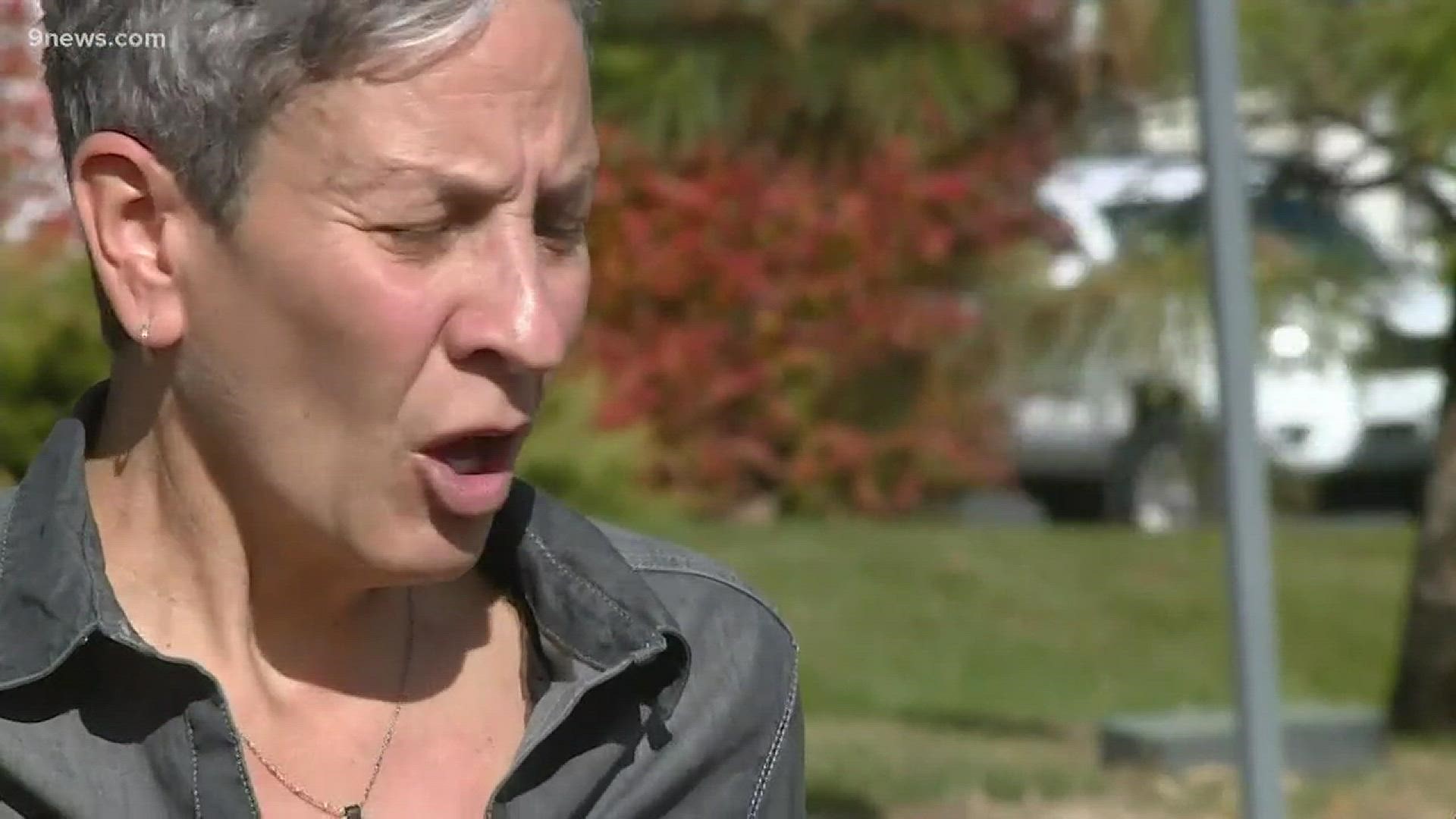BOULDER — Three more women have come forward saying they may have been drugged at a party or parties near University Hill, according to the Boulder Police Department.
The news comes five days after police said two University of Colorado Boulder students were hospitalized last Thursday morning. The women, police said, had unknowingly ingested drugs in their alcoholic beverages at parties near the campus.
Multiple parties going on that evening have made it difficult to narrow down the possible incidents, and blood testing could take up to six weeks, according to Boulder Police.
Boulder Police spokesperson Shannon Aulabaugh said no specific fraternities are under investigation, but investigators have said they are talking to fraternities while considering all options.
She added that predators use a variety of drugs to slip into the drinks of unsuspecting women. Investigators said at this point they do not know how the drinks were spiked or with what drugs.
"In some cases, there may be no taste at all," Aulabaugh said. "In some cases, it may be a cloudy color, which is very hard to see in dim lighting."
Police said people should never leave their drinks unattended or accept them from strangers or consume alcohol from common, open containers.
Dr. Janine d'Anniballe is the director of a group called Moving to End Sexual Assaults. She told 9NEWS she is worried about this upcoming party weekend.
"I think people will be out and about I think people don't go out necessarily thinking oh my goodness, what could happen to me? Is somebody going to slip something in my drink," d'Anniballe said. "It's unfortunate that people...even have that thought in their head."
d'Anniballe said advice like "watch out for yourself" is not good enough.
"By sending that message alone, we put the responsibility on the women and not the responsibility on the person who thinks it's okay to slip something into someone's drink," d'Anniballe said.
She said students should "flip the script" this weekend and put pressure on the criminals spiking drinks.
"If you hear someone talking about what they did or thinking about doing it in terms of putting something in someone's drink that somehow thinks that's OK or cool or funny that we step up and intervene and say that's not okay," d'Anniballe said.

